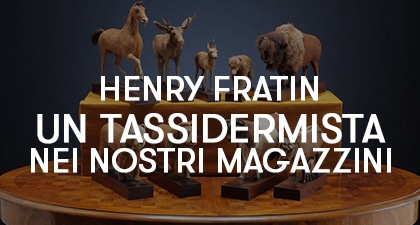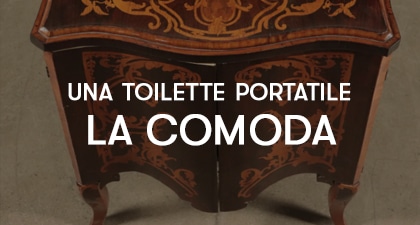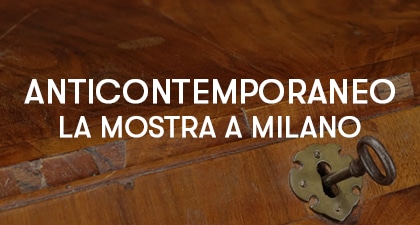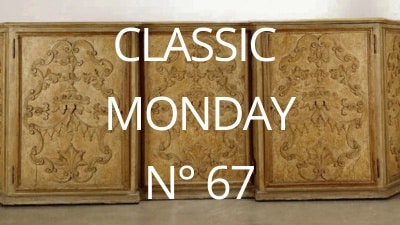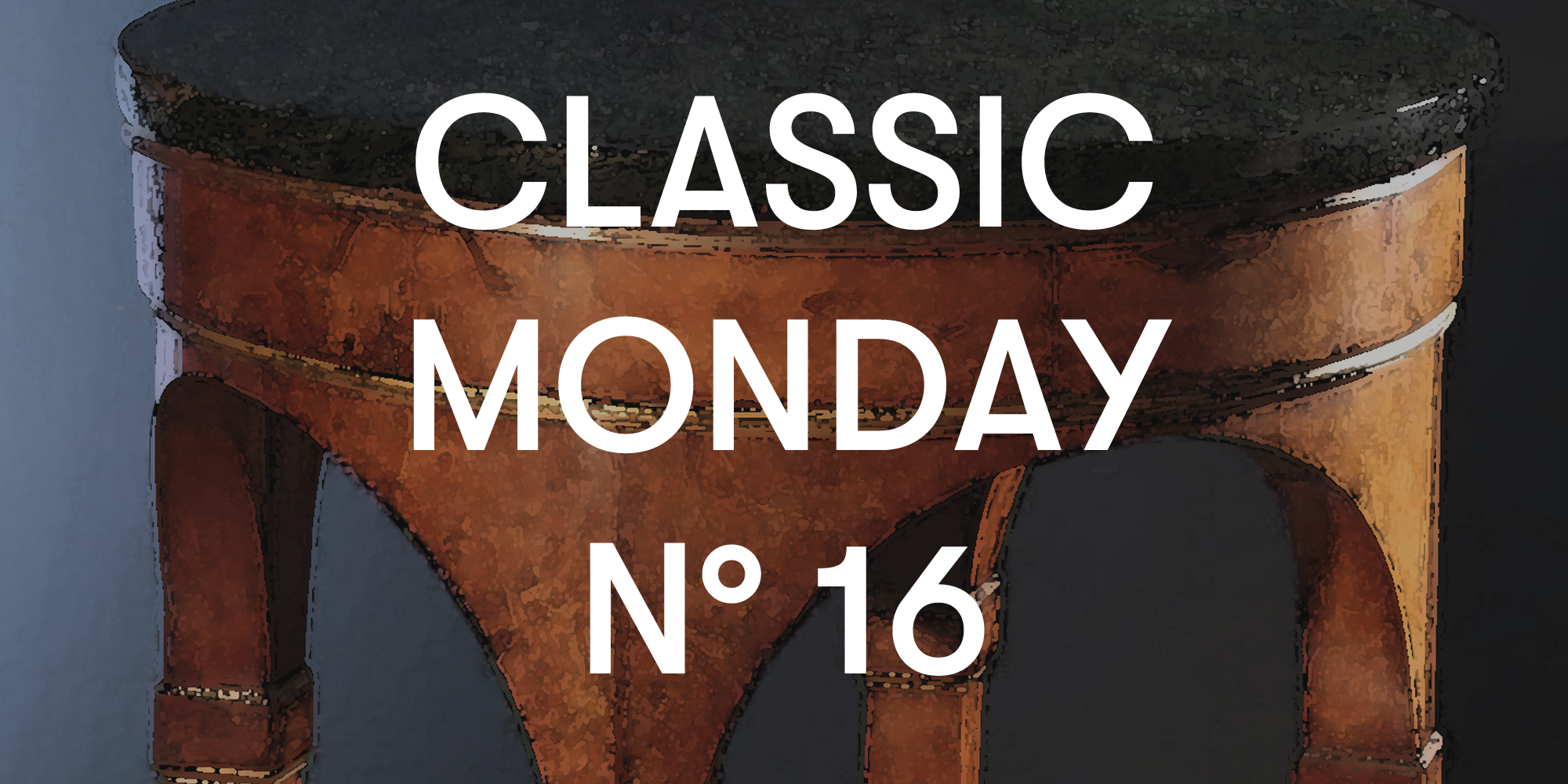
Napoleon Bonaparte ascended to the office of emperor on December 2, 1804, when he crowned himself during the ceremony held at Notre-Dame Cathedral in Paris.
This event fulfilled his ambitions for power, which had already manifested themselves in the famous campaigns held at the end of the previous century. The campaigns of Italy and Egypt had in fact seen Napoleon as a victorious leader, who had subjected to his control the territories in which the great civilizations of the past had developed, such as the Egyptian and the Roman Empire.

The artistic style of these glorious cultures was taken up in the production of furniture and decorations of these years.
The style so called Empire had in fact a precise political intent. Napoleon wanted to show himself as a worthy heir of the ancient empires, able to subjugate and guide vast territories and populations.
For this motif, the Empire style had a wide diffusion in Europe, not only in the territories directly subject to the dominion of the France, but also to the enemy, aware of the precise message political of which this artistic taste was the bearer.
In At first, the furnishings lost that excessive decorativeness which had characterised the production of previous years, becoming more sober and elegant at the same time. Applications in bronze was reduced and the preciousness of the furnishings was left the use of high-quality materials.
Rientra pienamente in questa produzione il tavolino protagonista del nostro Classic Monday, realizzato nella Lombardia assoggettata all’egemonia napoleonica.
The controlled but at the same time refined line recalls an ancient temple in the arches and a military drum in the cylindrical shape. At the same time, the Roman classicism and the martial aspect so dear to Napoleon Bonaparte are recalled.
The cabinet is veneered in walnut pedulle , which with its Venations approaches the yield of mahogany “feather”. This precious essence was widely used in France but it was scarce in Italy. For this reason we tried to make up for the lack with other wooden types that would recall the yield Precious. The surface is embellished with thin golden frames, that enliven and mark the volumes.
Really Remarkable is also the top in spotted green marble of a rare Serpentinite stain, probably a recovery from the ancient, such as It was usual in similar occurrences.









